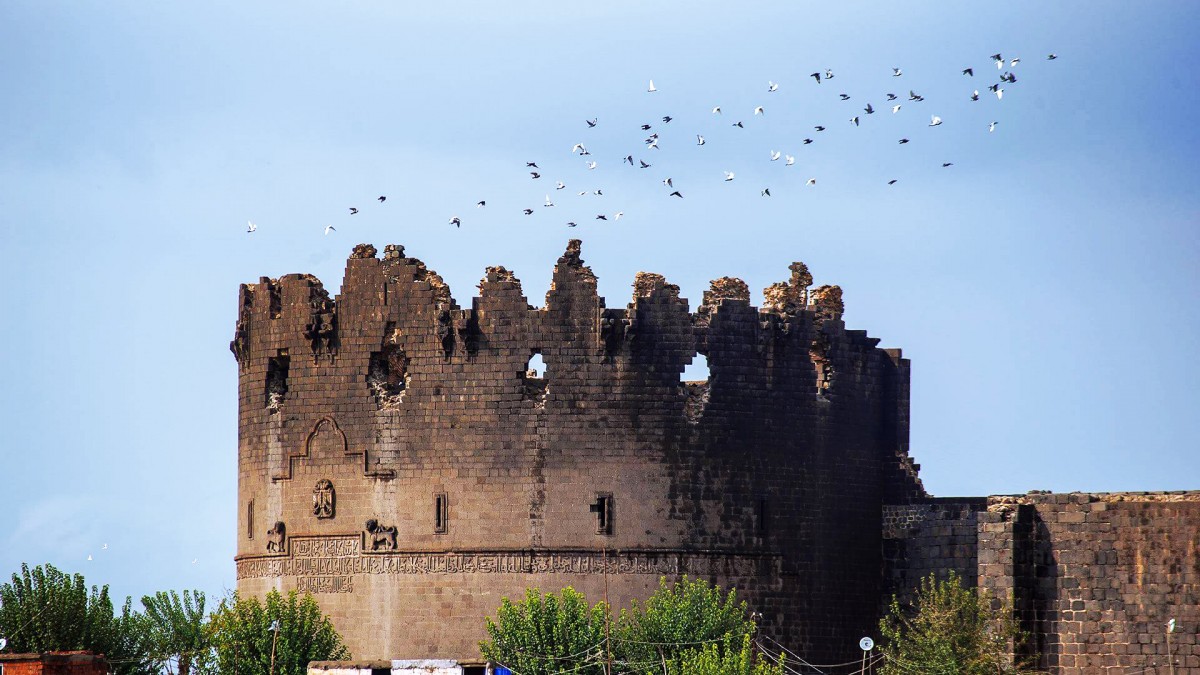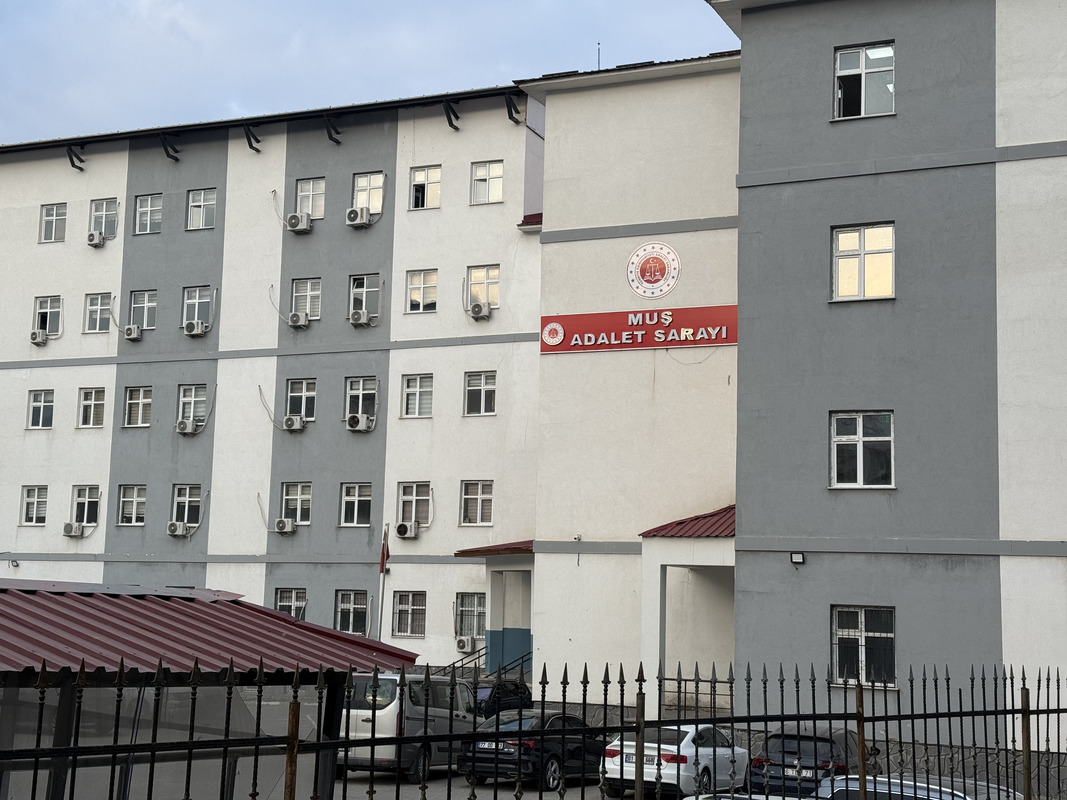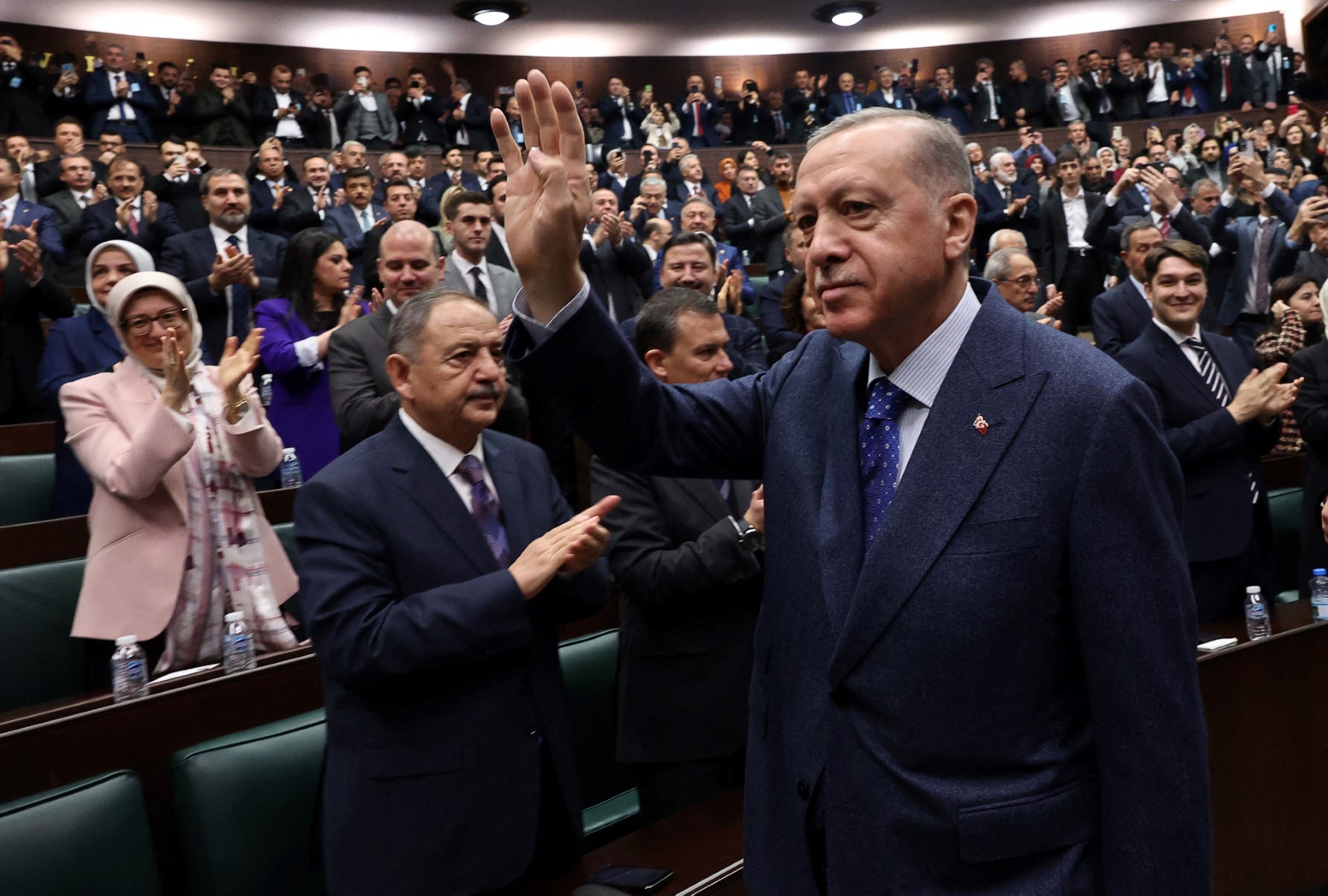The Peace Process for the People of Amed: Belief is Limited, Expectations are Concrete
The image is released free of copyrights under Creative Commons CC0.
In Amed (Diyarbakir), peace is discussed once again, but this time the mood is fraught with caution rather than excitement. Although people want peace, past experiences and daily worries keep optimism at bay: the renewed initiative is unfolding in an environment of economic crisis, the policy of state-appointed trustees, migration, social inequality, and intensified political pressure.
The peace process of 2013–2015 has stayed in people’s minds as both a moment of immense hope and a source of deep disappointment. During that period, the discourse of peace resonated with broad segments of society; it echoed in homes, public squares, and even in casual conversations among shopkeepers. But when the process collapsed, it not only brought back gunfire and state violence, but also damaged public trust.
The collapse of the peace process was not due to mutual distrust; the state collapsed it. In 2014, just weeks after the Dolmabahçe Agreement – an outline of a deal between the Kurdish side and Turkish state, meant to broaden cultural and political rights – then-Turkish Prime Minister Erdoğan distanced himself from the deal following an election defeat. That was enough for the state to give up on the process.
Starting on August 16, 2015, 12 provinces were put under 24-hour military curfew. The cities of Sûr (Sur), Cizîr (Cizre), Nisêbin (Nusaybin), and Şirnex (Şırnak) witnessed intense clashes, leading to near complete destruction in certain parts of the cities.
According to the Human Rights Foundation of Turkey, 1,425 people were killed and 2,583 were injured within the year.
This period also brought further political repression: the arrests of the pro-Kurdish Peoples’ Democratic Party (HDP) parliamentarians, the removal and arrests of elected co-mayors and their replacement by state-appointed trustees started in 2016.
In short, 2013-2015 did not close an era; it marked the beginning of a new and far heavier one.
A New Initiative
Now, when people hear the phrase “peace process,” they no longer respond with romantic expectations. Instead, they adopt a questioning, scrutinizing stance. They evaluate the state, political actors, and social structures through a new lens: who truly wants peace, and who merely uses it as a tool?
The Amargi asked people on the streets of Amed how they viewed the peace process, but no one agreed to speak to the camera, some refused to be photographed, and some refused to give their names. This alone demonstrates the people’s cautious approach to the process.
“Why Should I Embrace Peace?”
Mehmet Tatlı, who has made his living selling clothes and headscarves on the streets of Amed for twenty years, once deeply believed in the idea of peace; today, that belief has given way to pessimism, “For years we demanded peace, and we still do.” But he also added, “We no longer trust these statements. The state never truly wants peace. The peace table stands only as long as it serves the state’s interests. The state will never give up the profits and political gains it derives from war – especially not in this economic crisis.”
“…peace means respect for the will of the people, the removal of state-appointed trustees, and the release of imprisoned politicians.”
Tatlı’s definition of peace is not limited to the silencing of weapons. For him, peace means respect for the will of the people, the removal of state-appointed trustees, and the release of imprisoned politicians.
“Why should I embrace peace while our representatives are in prison?” he asked. Like many in Amed, he insists on “a first step”, believing that without it, no negotiation can be credible.
The Guns Fell Silent, but…
A taxi driver in his thirties, who did not want to give his name, questioned not the cost of war, but the consequences of peace. In his view, during the 2013–2015 period, when the weapons went quiet, life did not become easier; instead, a deeper social rot spread.
Since then, the city has suffered from a growing drug epidemic that targets young people – especially the children of poor and socially conscious families in the Kurdish provinces. The unnamed taxi driver argued that the drug problem is a new form of warfare against the people:
“There used to be organized community structures. Young people were protected. Now drugs are sold on every street corner. This trade happens not only with the knowledge of the police but, in many cases, is carried out directly through their involvement. They want to deliberately numb and incapacitate the minds of the youth. They do not want them to think or to react. This is a consciously implemented state policy.”
Economic inequality completes this picture: the driver said extreme poverty is widespread in Amed, and he is not wrong. In 2023, Amed’s GDP per capital was half the country’s average and it continues to stagnate compared to the Turkish regions. Inequality is very clear here:
“You see cars here that you would not even see in Istanbul,” he said, “yet on the other side people cannot bring bread home. Illicit money is being laundered in every corner of the city; the drug trade is everywhere. Peace will only come to this land when these problems are solved.”
Toward the end of the cab ride, he ended his argument with a comment about the division that already exist in the city: “Put up a wall around the Tesisler like a new Berlin Wall,” Tesisler is the district that separates the city’s new and old settlements; figuratively, the rich and poor areas.
This perspective has become increasingly common in Amed. When people talk about peace now, they speak of the economy, of rent, of the future of the youth.
A young man who was selling balloons in the crowded streets of Sûr (Sur) said that recent discussions about peace have increased tourism in the city. Yet despite the crowds, very little money reached his pocket, “It’s just a crowd with no real customers. They just walk around and take photos. It does not benefit us economically.”
Namık Beytar, who for years, has taken his horse-drawn carriage through the streets of Sûr and made a living from the carriage rides he offers people, has felt the tangible effect of the economic crisis in the city. Like others, he also linked peace directly to people’s livelihoods. He explained that the sense of insecurity created by the conflict keeps investors away, leaving them trapped in the same cycle:
“I have been riding these streets with my horse for years. We used to get by somehow. Now there are days I return home without making any money. Feeding the horse is a struggle. Feeding ourselves is another struggle. For me, the real issue is the economy. People cannot find jobs. Young people sit at home. Everyone is in debt.”
For Namik, the meaning of peace is very simple:
“If this so-called peace actually comes, I hope maybe something will change. Maybe there will be jobs, maybe a factory will open, maybe the youth will work. At the very least, everyone’s stomach will be full. Because the heaviest burden of war and conflict falls on the shoulders of the poor like us. My only expectation is peace and work. If there is peace, maybe we will have that too.”
We Should not Leave that Table Empty-handed
“Every crisis, every negotiation table is an opportunity. If something can be gained for the benefit of the people, that opportunity should be used.
University student Şila Baran said she does not believe in bold declarations such as “peace is coming” or “a new era is beginning.” But her stance was not rooted in hopelessness.
“Every crisis, every negotiation table is an opportunity. If something can be gained for the benefit of the people, that opportunity should be used. Saying ‘it will collapse anyway’ and stepping aside is not politics. If the state has sat down at the negotiation table, then we should not leave that table empty-handed.”
Baran looked at the process pragmatically, “People are still unemployed, they still cannot speak their language, they do not feel safe. We must continue the peace process for the benefit of the people.”
No Peace Without Öcalan’s Freedom
For textile worker Arda Eryılmaz’s generation, peace is viewed through a more political lens. As he stated, genuine peace begins “when the prisons are emptied”. For him, demands such as education in the mother tongue, decentralised administration, and the reinstatement of elected officials are prerequisites for peace.
Eryılmaz believes that the Kurdish movement approached the process with sincerity, but the state has not yet responded in kind:
“The elected representatives are still imprisoned, the sentences of those who have been incarcerated for thirty years are arbitrarily extended, arbitrary detentions continue, and the intolerance toward the Kurdish language persists. Most importantly, the person whom the Kurdish people see as their leader, Mr. Öcalan, is still held captive. In such an environment, who can believe in peace?”
Cautious Optimism
Debates about reviving the process are met not with enthusiasm but with restraint. People want convincing steps, even if small at first: the removal of state-appointed trustees, the release of prisoners, and the establishment of economic justice. Everyone The Amargi spoke to in Amed had something different to say about peace, yet they converged on one point: belief is limited, expectations are concrete. Amed still wants peace, but this time with conditions
Rengin Azizoğlu
Rengin Azizoğlu is journalist and news editor based in Istanbul.




